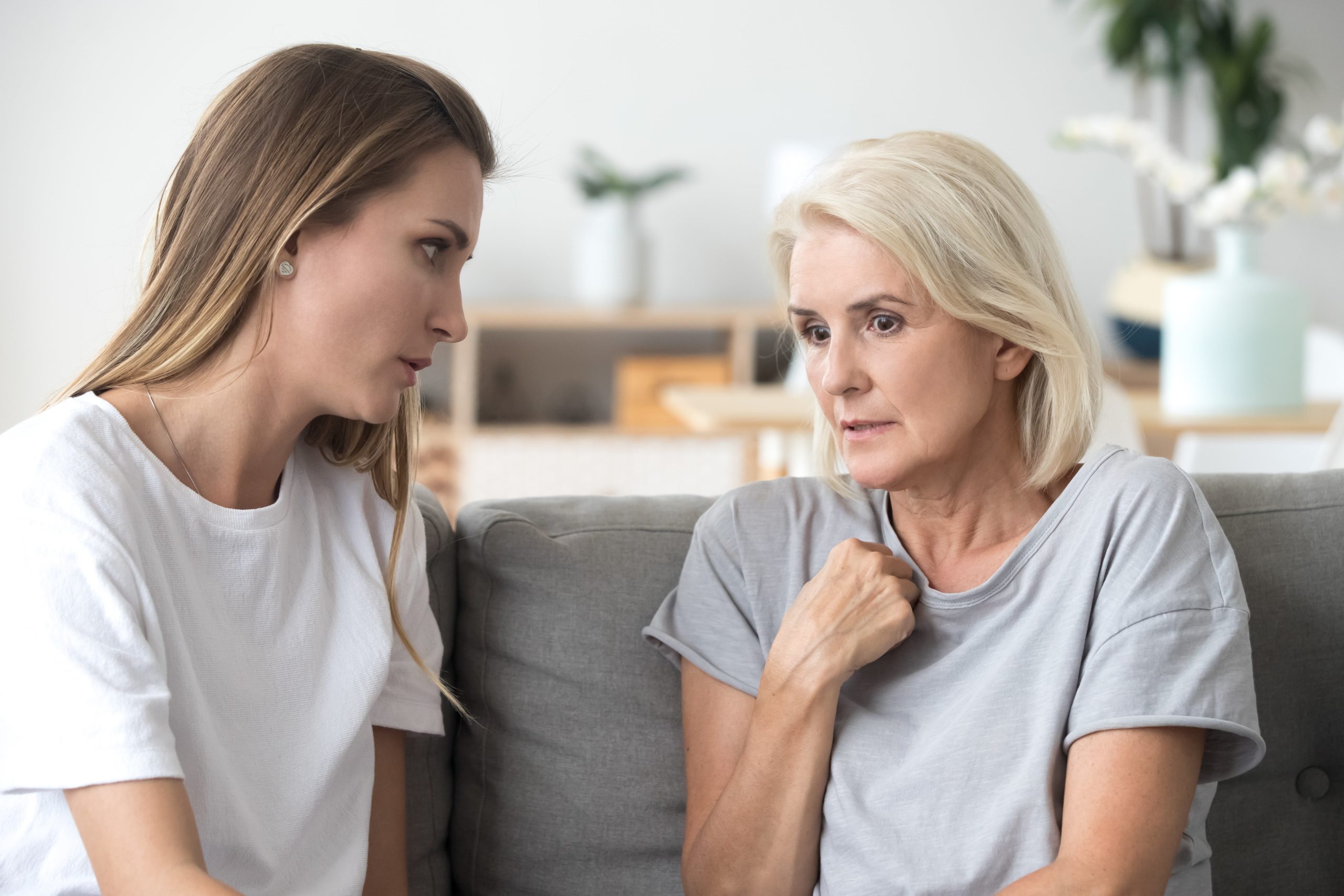Anxiety disorders are the most common mental illnesses in America. However, many people struggle to identify how their anxiety truly makes them feel. That is because anxiety- like all mental illnesses- is complex. It affects everyone differently, and the symptoms can vary dramatically from person to person.
Furthermore, some people do not quite understand how anxiety works. They may assume you are overreacting with your feelings or symptoms. They might also believe that you can just get over how you feel through willpower.
But if you struggle with anxiety, you know that you cannot just “get over” your thoughts. You also know that these thoughts may not always be rational or even helpful. Let us break down how to describe what anxiety feels like.
It Can Feel Physically Suffocating
The mind and body are closely connected, and people store anxiety in the body. Some of the most common symptoms can manifest as:
- Chest tightness
- Racing heart
- Sweating
- Muscle stiffness
- Trembling/shaking
- Extreme fatigue
- Stomachaches
- Headaches
In some cases, anxiety can lead to panic attacks. These panic attacks can be so intense and debilitating that people and their loved ones might mistake the symptoms for a heart attack. Every year, emergency rooms admit patients who wrongfully assume they had a heart attack.
That is because anxiety can feel physically suffocating. When symptoms flare, you may feel as if you cannot breathe, think, or even see clearly. And when that happens, it may trigger even more anxiety, which perpetuates the vicious cycle.
Things Can Feel Great One Day and Terrible the Next
All anxiety disorders exist on a spectrum, and people fall anywhere from experiencing very mild symptoms to utterly debilitating ones. That means symptoms ebb and flow. Typically, specific triggers cause some symptoms to escalate.
For example, if someone struggles with social anxiety disorder, the anticipation of an upcoming presentation may cause their anxiety to skyrocket. Someone with post-traumatic stress disorder may feel unsafe for an entire day after experiencing a spontaneous flashback.
Unfortunately, you cannot predict how anxiety manifests. That is because triggers evolve. Subsequently, many other factors (your mood, physical health, energy levels, relationship satisfaction, etc.) can all impact your anxiety.


The Desire to Numb or Escape It Can Be Incredibly Tempting
It is no surprise that anxiety is closely connected with substance use disorders, eating disorders, and other process addictions like compulsive shopping, sex, or gambling. After all, nobody likes to feel uncomfortable- chronic anxiety often leads people down a path of self-medicating, numbing, or downright escaping.
While it is reasonable to avoid your feelings from time to time, chronically doing so tends to create more problems. For one, you don’t address the issue (which means that it doesn’t go away). Second, you face the risk of complications arising from your compulsive behavior (health problems, financial distress, legal issues).
That said, it is important to remember that these desires aren’t random. They are a desire to escape the discomfort. When anxiety peaks, the distress can feel so overwhelming that you are drinking, using drugs, having sex, or overeating is the only viable solution.
It Can Feel Just Like Depression
Anxiety and depression share many similarities. With both conditions, you may feel irritable and easily bothered. You may struggle with sleep or appetite problems. Finally, you might experience a sense of hopelessness or despair.
Depression has its roots in disappointment and apathy. Anxiety, on the other hand, has its roots in worry and fear. However, with both conditions, you still may struggle with themes of control, perfectionism, and low self-esteem. You might find it hard to concentrate or maintain healthy relationships. For these reasons, it is no secret that many people struggle with both disorders.
The Shame Often Feels Worse Than the Anxiety Itself
At times, your anxiety may feel incredibly mortifying. Because it can be so consuming, it may impact how you connect with others. The worry may prevent you from engaging in certain activities. Likewise, anxiety has a way of cutting into self-esteem and making you feel ashamed.
This shame can quickly become toxic and consuming. Your anxiety perpetuates negative, internal thoughts like I’m worthless, or I’m a failure. Over time, these thoughts almost feel like facts. They dictate much of how you think, act, and feel. And, of course, these harsh thoughts tend to make the anxiety worse.
Shame is a deeply rooted emotion, and it can be insidious in almost every facet of your life. It’s also one of the predominant factors triggering most mental health problems.


Final Thoughts
Knowing what anxiety feels like can help you be a better ally to loved ones. Remember that everyone experiences anxiety differently. Do not assume you know what someone is going through. It is always better to ask and clarify, especially when you do not understand.
Whether you or someone you love is struggling with anxiety, support is invaluable. Reach out. Stay connected. And note that when it is most challenging, it tends to be most important.



